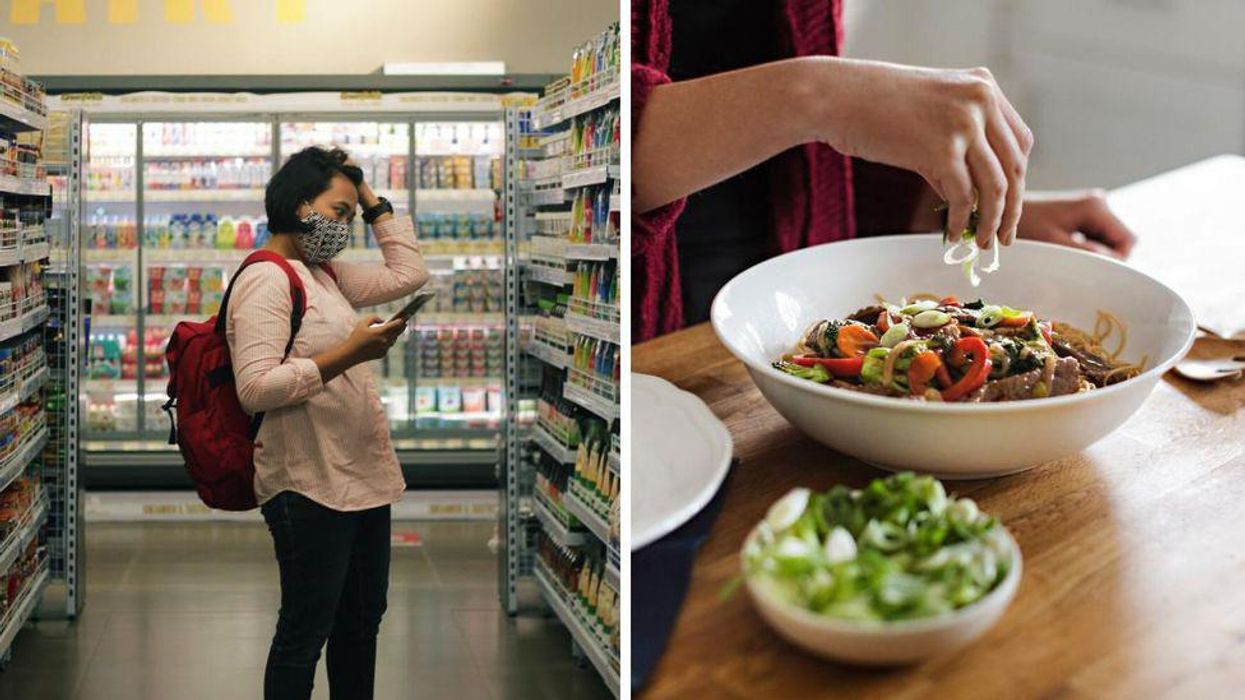Here Are 7 Vitamins & Minerals You May Need More Of & Where You Can Get Them
Hint: It involves eating delicious food.
There are a few things that most people agree on, like how good nutrition can make a big difference to feeling well every day. If you think you might not be getting what you need from the food you eat, you're not alone.
A recent study published in The American Journal Of Clinical Nutrition found a high number of Canadians were falling short of meeting their needs for essential vitamins and minerals like iron, vitamin A, magnesium and calcium.
According to Registered Dietitian Carol Harrison, the problem isn't that Canadians aren't eating enough food, it's that close to 50% of the food that's eaten tends to be overly processed and typically low in the vitamins and minerals that are necessary for good health.
"Swapping ultra-processed foods for whole or least processed plant- and animal-based foods might help Canadians to make up for the nutrient shortfalls we are seeing in the Canadian diet stats," she told Narcity.
It's widely understood that getting enough vitamins and minerals is important, but what exactly do they do? And how can you get them without buying costly supplements?
To help answer these questions, this list will give you the lowdown on seven vitamins and minerals that you might need more of in your diet as well as some delicious foods where you can find them.
Iron
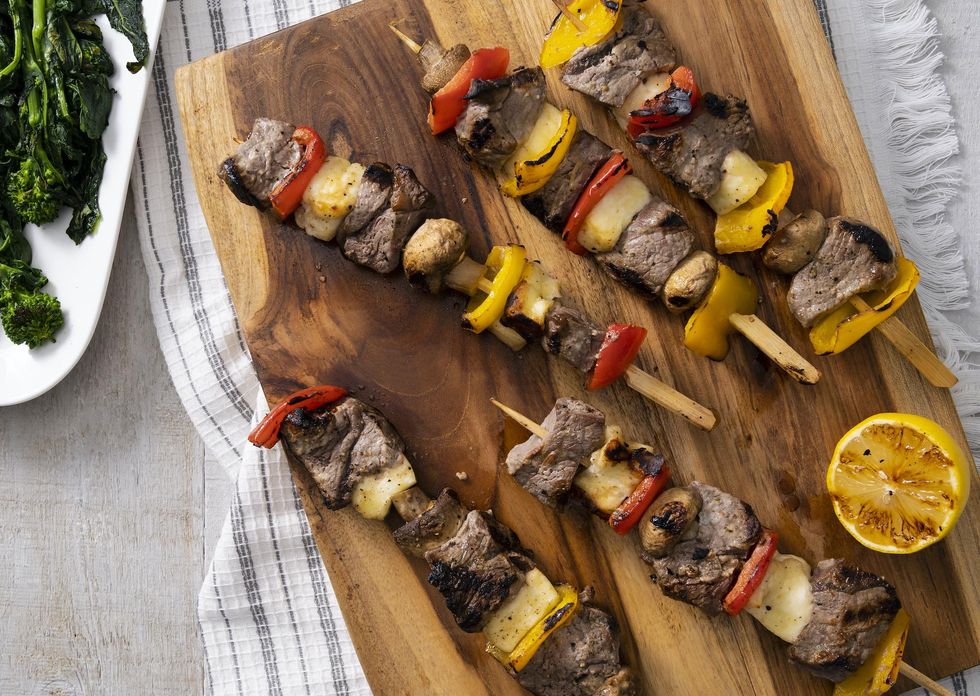
Perhaps one of the best-known minerals, iron transports oxygen to tissues, supports muscle metabolism and helps our bodies make hormones. While men need 8 milligrams of iron per day, women 19-50 years of age need more than double that — 18 milligrams per day.
Not getting enough iron is one of the most common nutritional deficiencies worldwide, and according to Carol Harrison, almost a third of Canadian women do not get enough dietary iron.
The iron from food comes in two types, heme iron and non-heme iron. Heme iron is found in red meat like beef, as well as poultry and fish and is easiest to absorb. Non-heme iron is found in plant-based sources of iron like nuts, beans and fortified grains.
Heme iron can help bodies better access non-heme iron from foods eaten at the same time, which means that tucking into dishes like beef chilli which has both red meat and beans is a powerful way to boost your iron intake.
Zinc
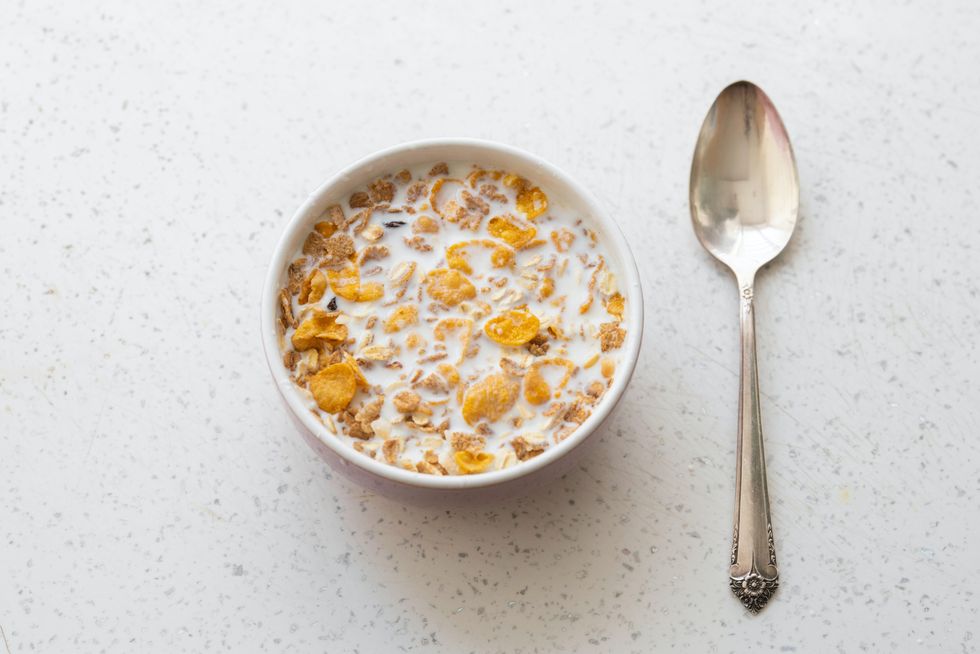
Those who wear sunscreen on the reg might be familiar with zinc's ability to protect skin from the sun's damaging rays, but it also works wonders internally by supporting a healthy immune system. No, that doesn't mean to go ahead and ingest your sunscreen. Instead, look to foods like beef, fortified breakfast cereals and dairy products to up your zinc intake.
The best sources of zinc are red meat and poultry. A beef patty alone contains almost half of the daily recommended value of zinc. To make that homemade burger meal even more nutritious, Harrison recommends "loading up the beef patty with veggie toppings and [enjoying it] with oven-roasted sweet potato fries, a crisp spinach and blueberry salad and a yogurt smoothie."
Vitamins B12 & B6

Together, vitamins B 12 and B6 are responsible for transporting nutrients around the body and accessing energy from carbs and fats. Vitamin B6 supports brain function and brain health, while vitamin B12 is just as impressive — helping the formation of red blood cells and DNA.
B vitamins can be found in many foods you might already eat, like red meat, eggs, and dark leafy greens. A well-rounded diet that includes these and other whole foods will help you get the B vitamins you need.
Thiamin
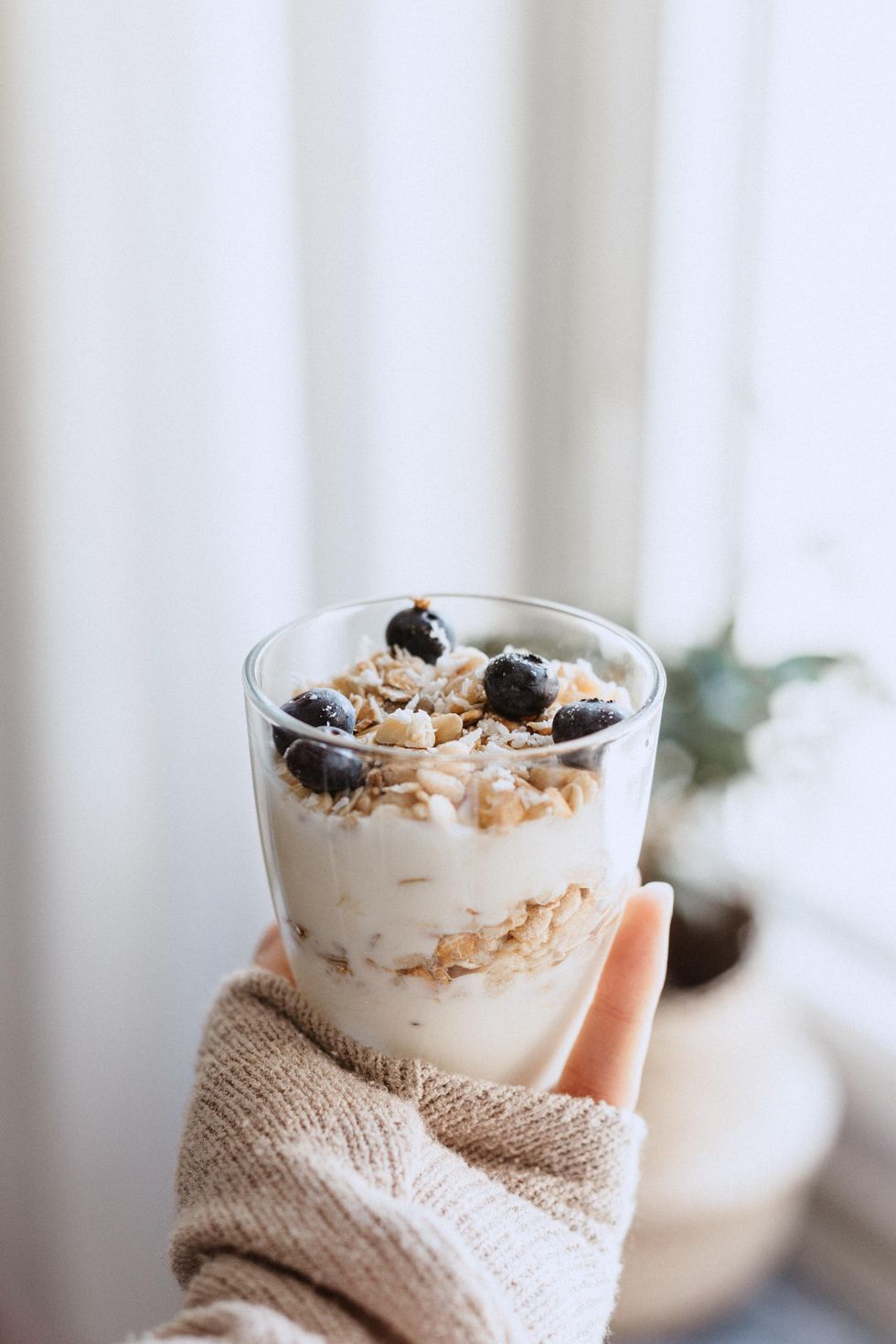
Also known as vitamin B1, thiamin is necessary for overall health and well-being. Since only trace amounts are stored in the liver, it's important to get enough thiamin from nutrient-dense foods every day to meet the recommended dietary intake.
Adults need about one milligram of thiamin per day, and you can find it in yogurt, sunflower seeds, meat, whole grains, beans and lentils. You're more likely to get enough thiamin if you eat foods that have not been overly processed, since food processing can remove and destroy the vitamin altogether.
Vitamin D
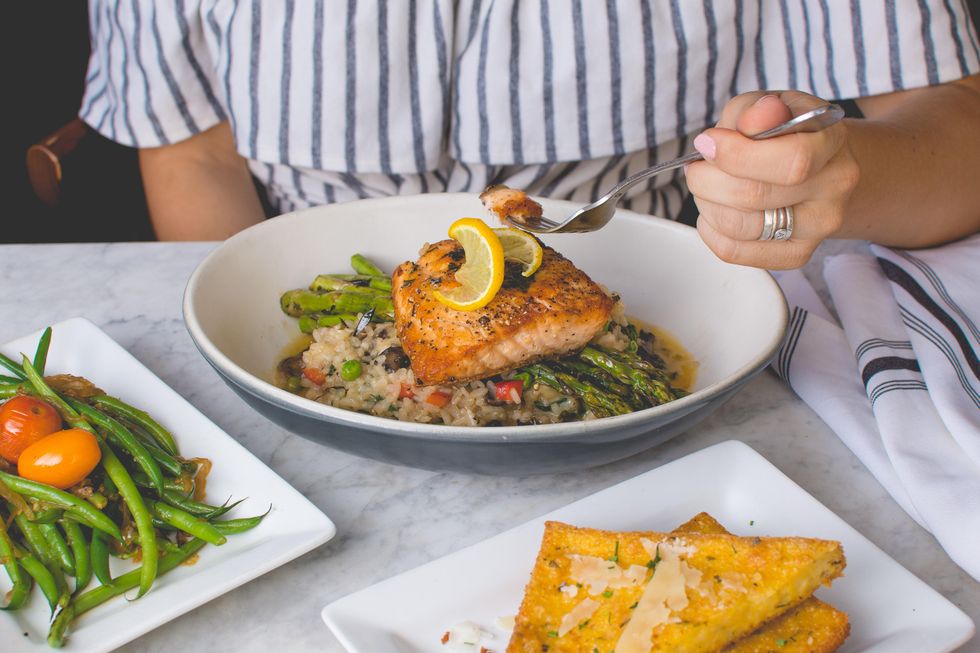
Otherwise known as the sunshine vitamin, vitamin D plays a big role in human health, including mental health. If you live in Canada, you can't rely on sunshine alone to meet your vitamin D needs. In fact, 94% of Canadians are not getting enough, making it necessary to eat foods that contain vitamin D.
The best sources of vitamin D in foods are animal products including salmon, dairy, eggs and beef liver. The recommended daily intake for adults is around 15 micrograms which is a great reason to order surf and turf next time you're dining out.
Magnesium
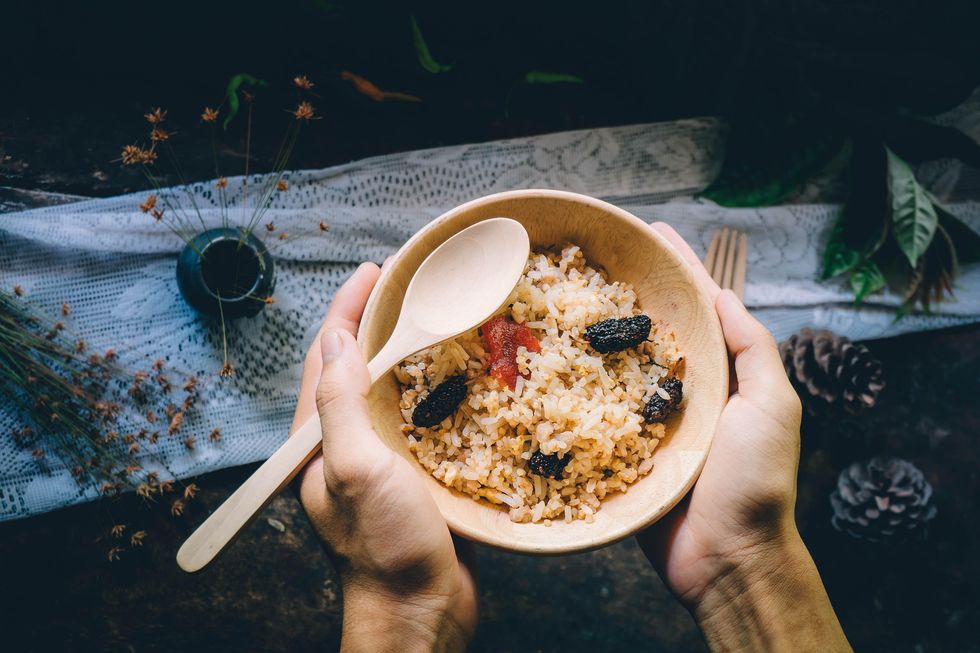
As a mineral, magnesium works a whole lot of wonders within the human body. It can help with everything from muscle recovery after a strenuous gym sesh to reducing inflammation, preventing migraines and improving PMS symptoms.
While supplements are popular, a well-rounded diet that includes foods like peanut butter, brown rice, beef and black beans is all you need to get enough magnesium (it's tastier, too).
Bonus Nutrient: Amino Acids

Eduardo Roda Lopes | Unsplash
While amino-acid deficiency isn't a problem for Canadians, it's important to understand the role these nutrients play in protein quality. Amino acids are the building blocks of proteins that are needed for daily function. There are nine amino acids in particular that are considered essential.
Animal-based foods like meat and eggs contain all nine essential amino acids, making these a sure and simple way to meet your protein needs. If you prefer plant-based proteins, your best choices are tofu, beans and legumes, and nuts and seeds.
Whether you eat meat or not, most Canadians could stand to increase the plant content in their diets, so don't be shy to mix these into your weekly rotation. Beef and bean burritos anyone?
When it comes to nutrition, eating whole foods and a variety of them is key to ensuring you're getting a sufficient amount of vitamins and minerals to live your best life.
While not getting enough beneficial nutrients in your diet can seem like something to worry about, it doesn't have to be. The solution is to eat a variety of whole foods, focusing on veggies, whole grains, and a mix of protein foods. Whether you prefer to tuck into a flavourful beef lettuce wrap or cook up a chickpea curry with whole grain rice, it's not that difficult to get the vitamins and minerals you need to live well.
